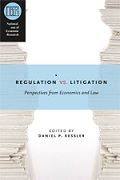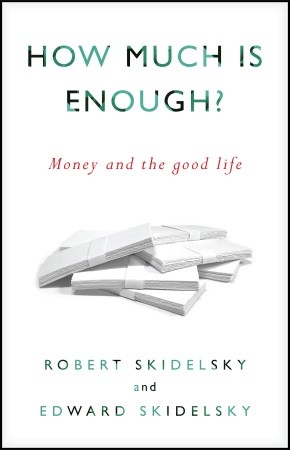Classical political economy and modern theory
 Classical political economy and modern theory: Essays in honour of Heinz Kurz / Christian Gehrke
Classical political economy and modern theory: Essays in honour of Heinz Kurz / Christian Gehrke
London: Routledge, 2012. 400 p.
Heinz Kurz is recognised internationally as a leading economic theorist and a foremost historian of economic thought. This book pays tribute to his outstanding contributions by bringing together a unique collection of new essays by distinguished economists from around the world.
Classical Political Economy and Modern Theory comprises twenty essays, grouped thematically into five sections. Part I examines political economy and its critique, Part II looks at entrepreneurship, evolution and income distribution, Part III discusses Cambridge, Keynes and macroeconomics, Part IV explores crisis and cycles, whilst Part V is dedicated to personal reminiscences. The essays in this book will be an invaluable source of inspiration for economists interested in economic theory and in the evolution of economic thought. They will also be of interest to postgraduate and research students specialising in economic theory and in the history of economic thought.
The essays in this book will be an invaluable source of inspiration for economists interested in economic theory and in the evolution of economic thought. They will also be of interest to postgraduate and research students specialising in economic theory and in the history of economic thought.






 How much is enough? : Money and the good life / Robert Skidelsky and Edward Skidelsky
How much is enough? : Money and the good life / Robert Skidelsky and Edward Skidelsky